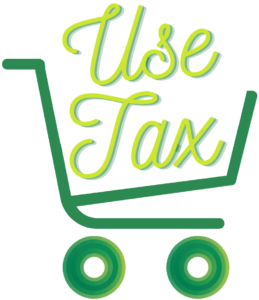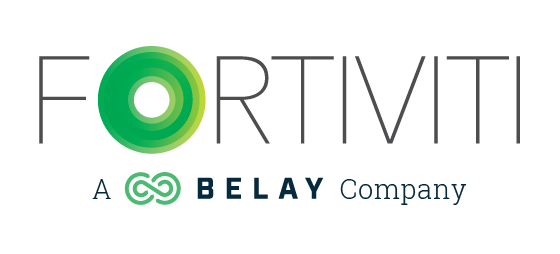 Use Tax is a tax on purchases that is charged to the buyer if the seller did not originally charge sales tax on a taxable purchase. While most sellers of taxable goods and services are required to charge sales tax when they make the sale, there are certain exceptions. When those exceptions result in a buyer purchasing an item that should have been taxed, the buyer must report and pay the use tax to the appropriate tax agency.
Use Tax is a tax on purchases that is charged to the buyer if the seller did not originally charge sales tax on a taxable purchase. While most sellers of taxable goods and services are required to charge sales tax when they make the sale, there are certain exceptions. When those exceptions result in a buyer purchasing an item that should have been taxed, the buyer must report and pay the use tax to the appropriate tax agency.
There are various reasons that sales tax may not be charged at the time of purchases. Resellers may have provided a sales tax exception certificate for the purchase, but in addition to purchasing goods for re-sale, may have also purchased items for their own office use. Or, certain sellers do not have to charge sales tax to out-of-state sales.
If your business makes a purchase for a taxable item and you notice that you did not pay sales tax on it, you should accrue for that expense and report it on your next use tax filing. If you do not have a use tax account, you likely don’t need to open one until you have a situation where you have expenses that were untaxed at the time of purchase. Many businesses don’t encounter this, because they don’t have a reseller’s exemption and they rarely order from a vendor that doesn’t charge sales tax. But, it’s important to be aware of this and pay the tax if it’s due.
Different states have different use tax types as well, such as vendor’s use tax for food operators. Check with your specific state for the rules and requirements of use tax for your business.
Local State Use Tax Regulations
Written by: Shauna Huntington
